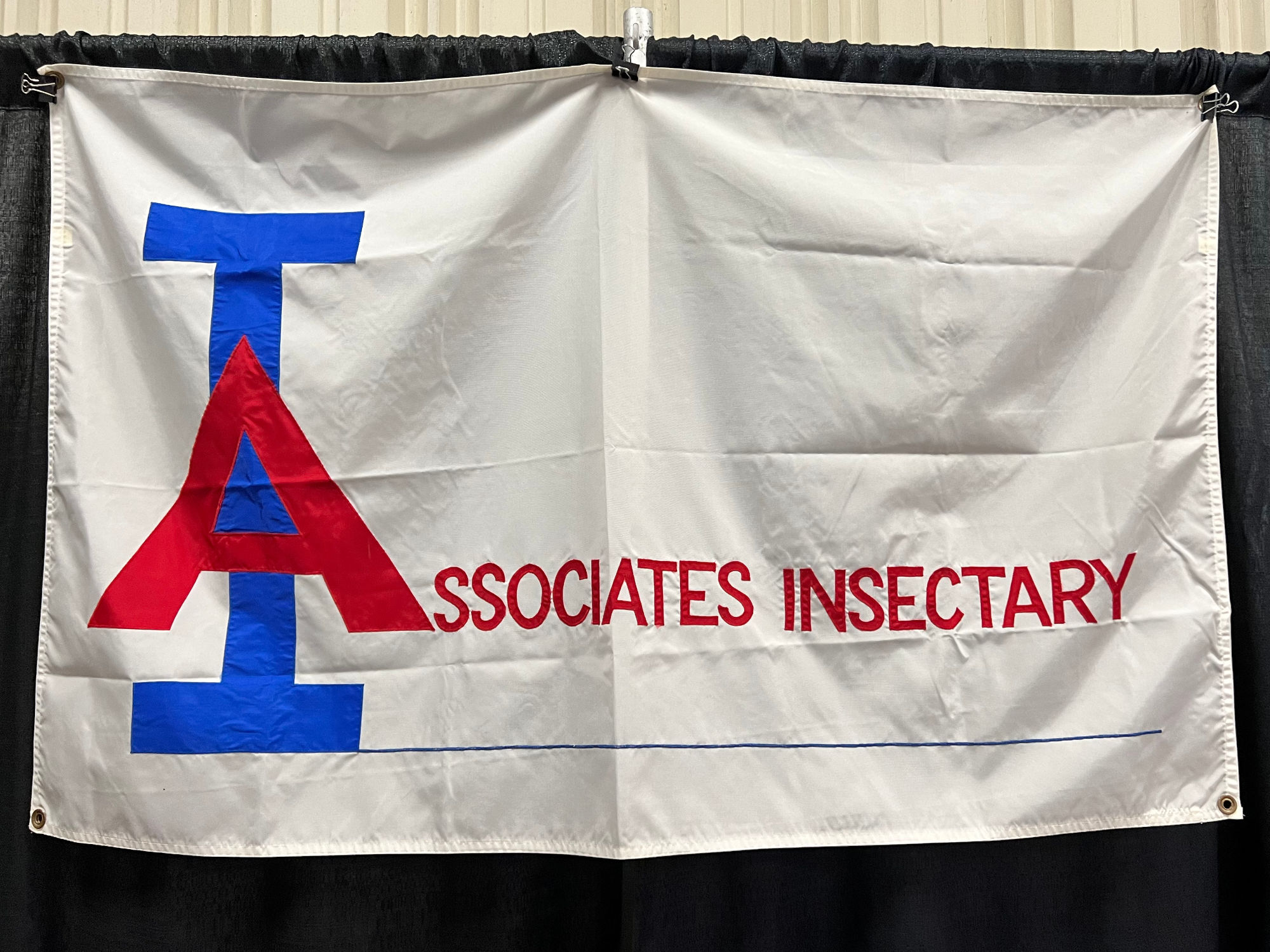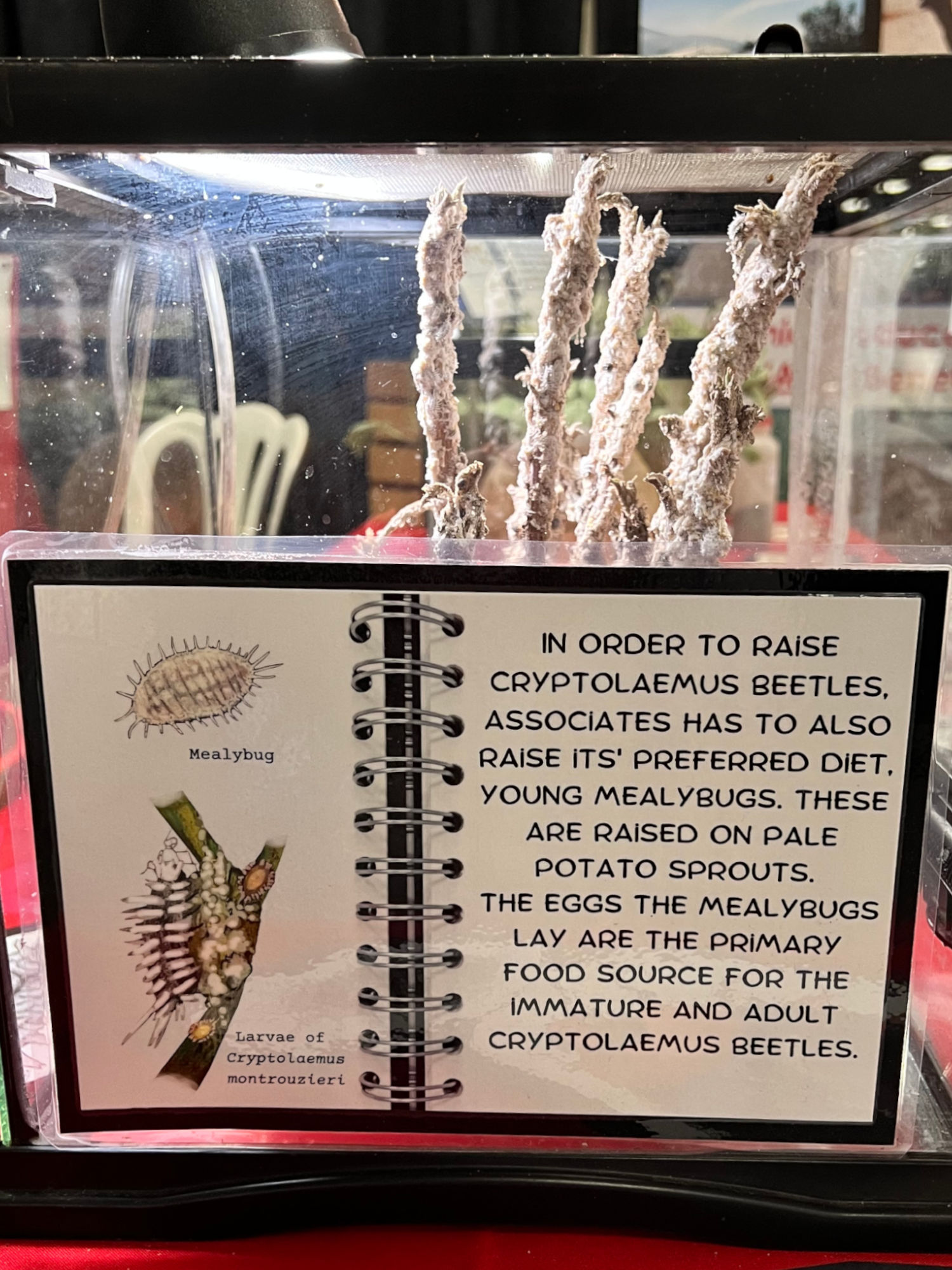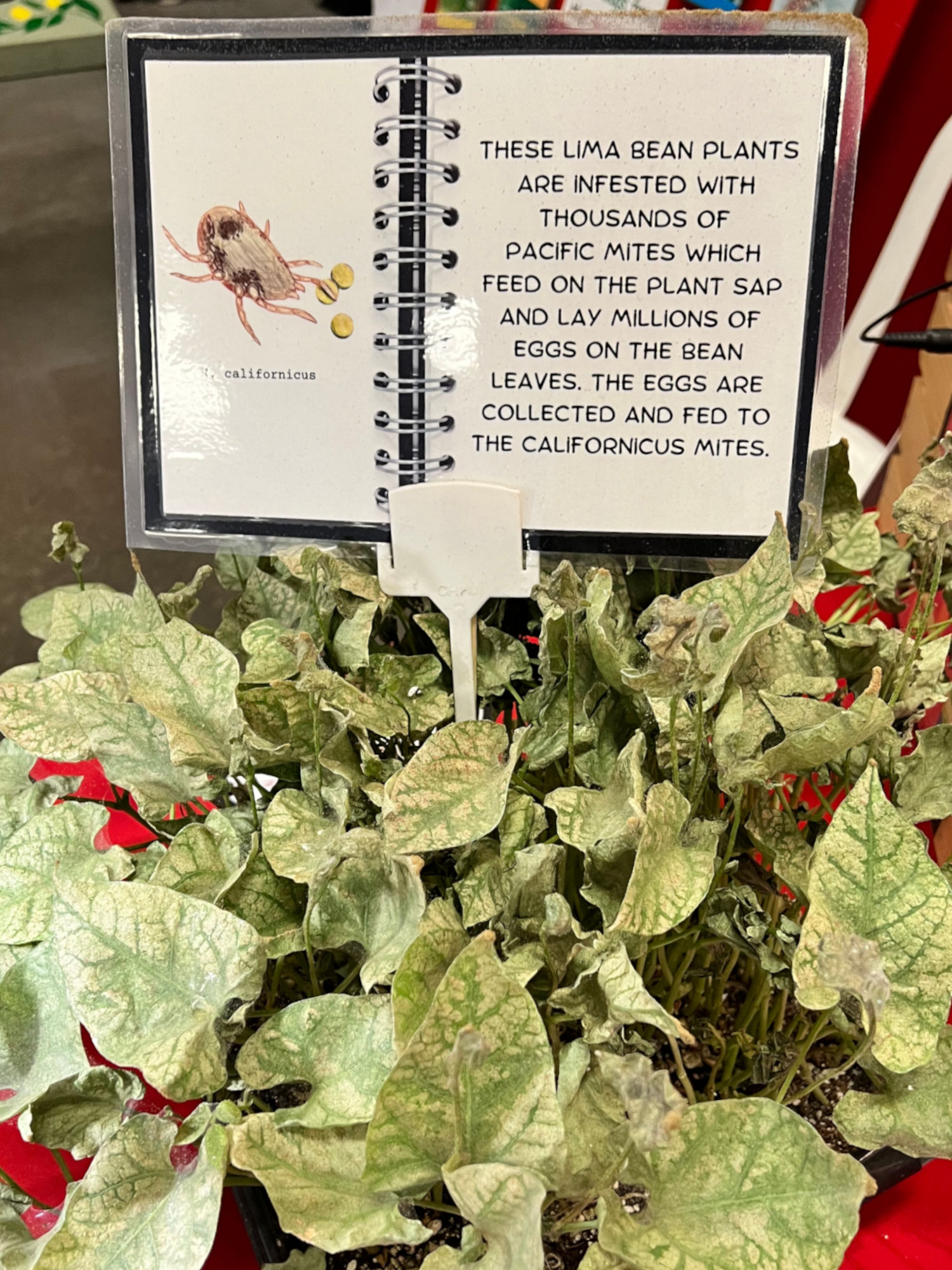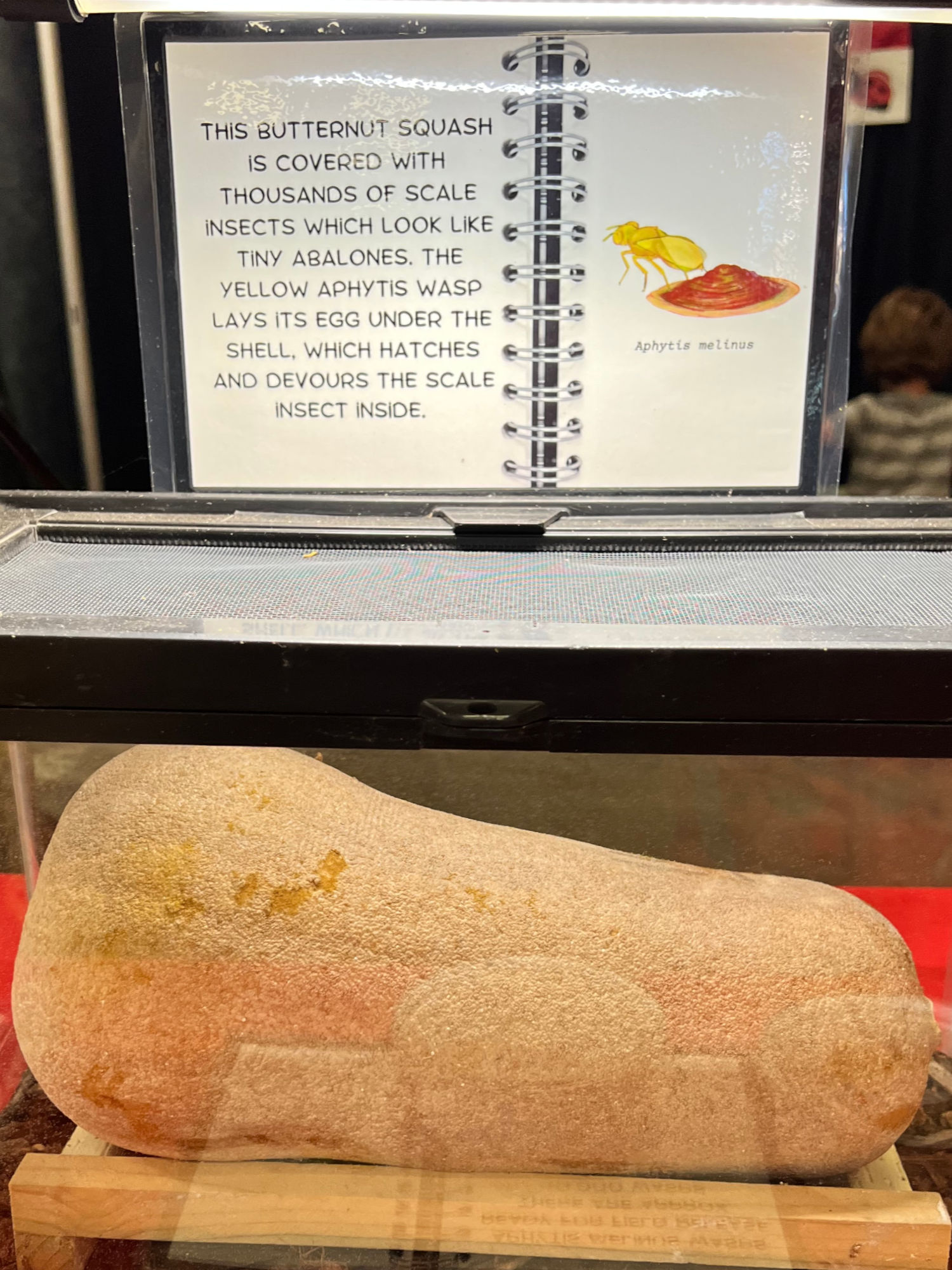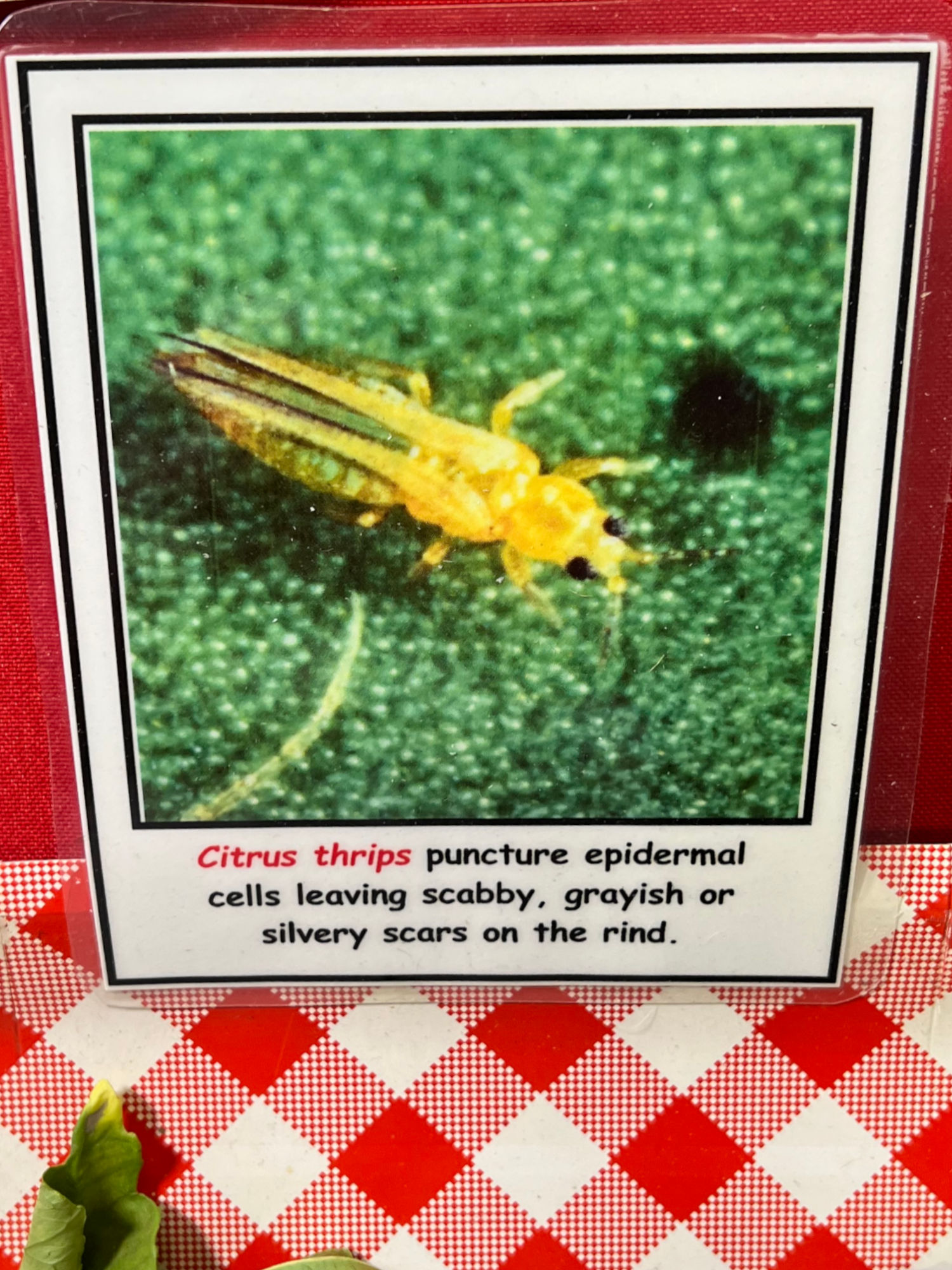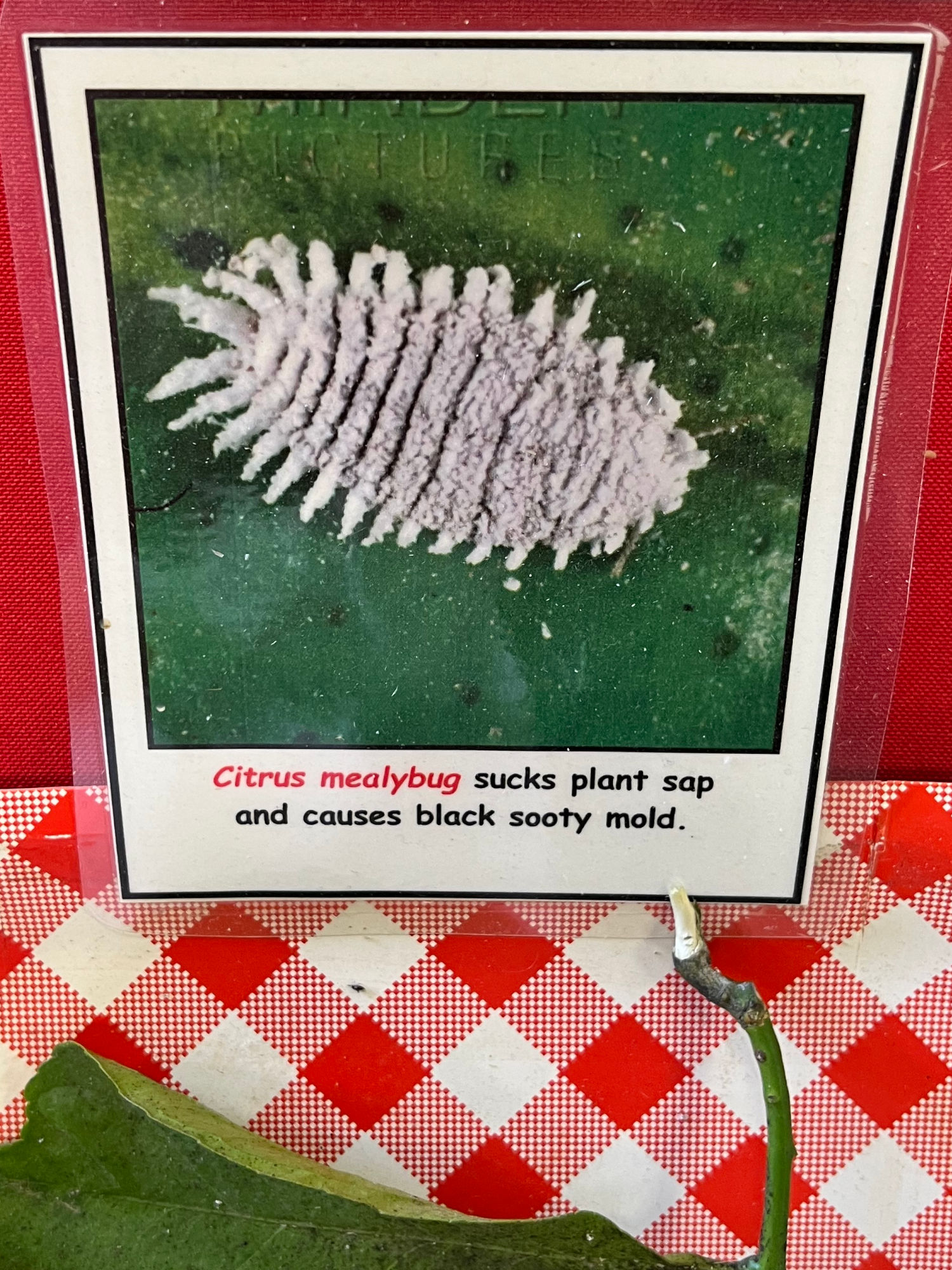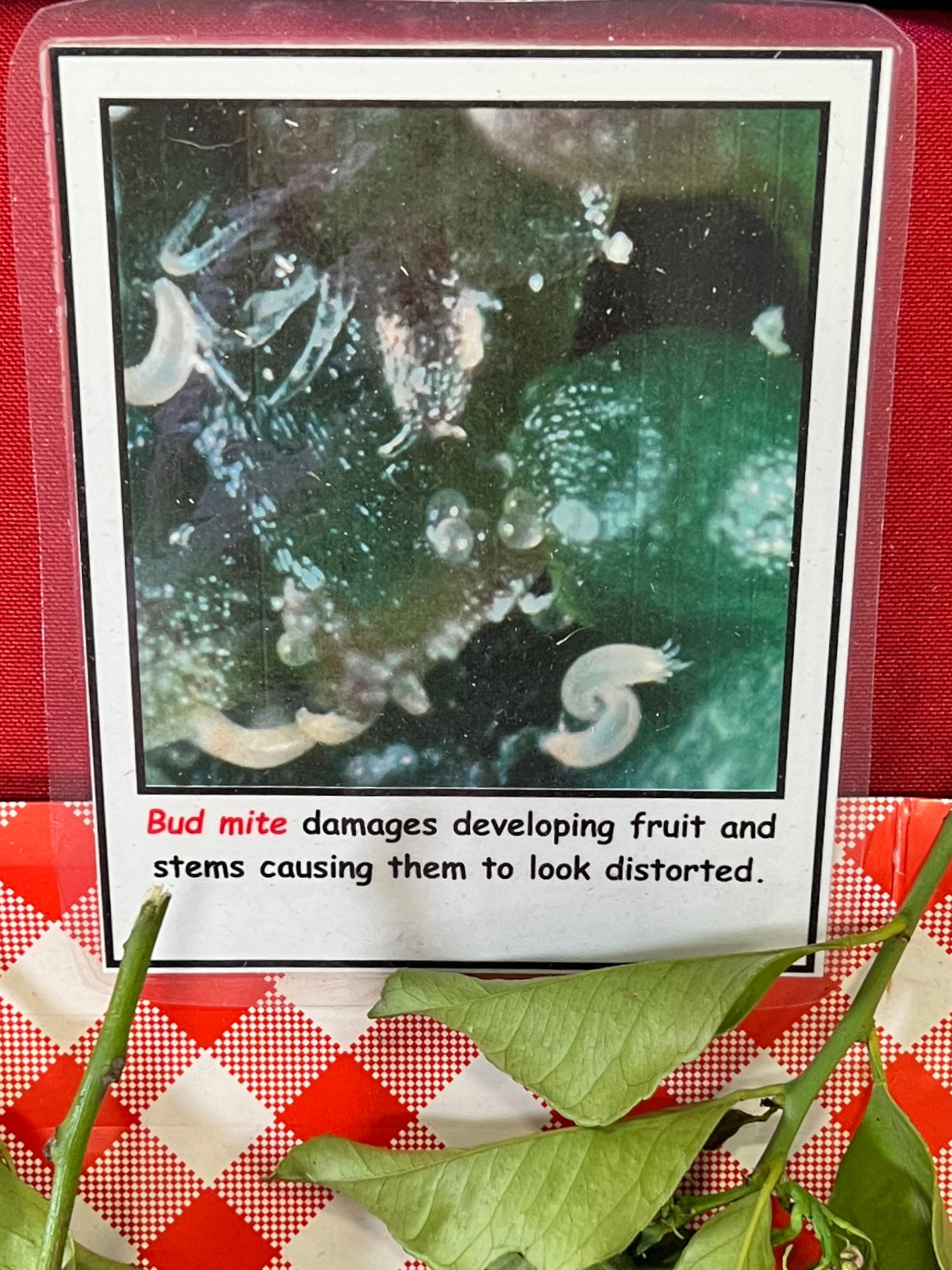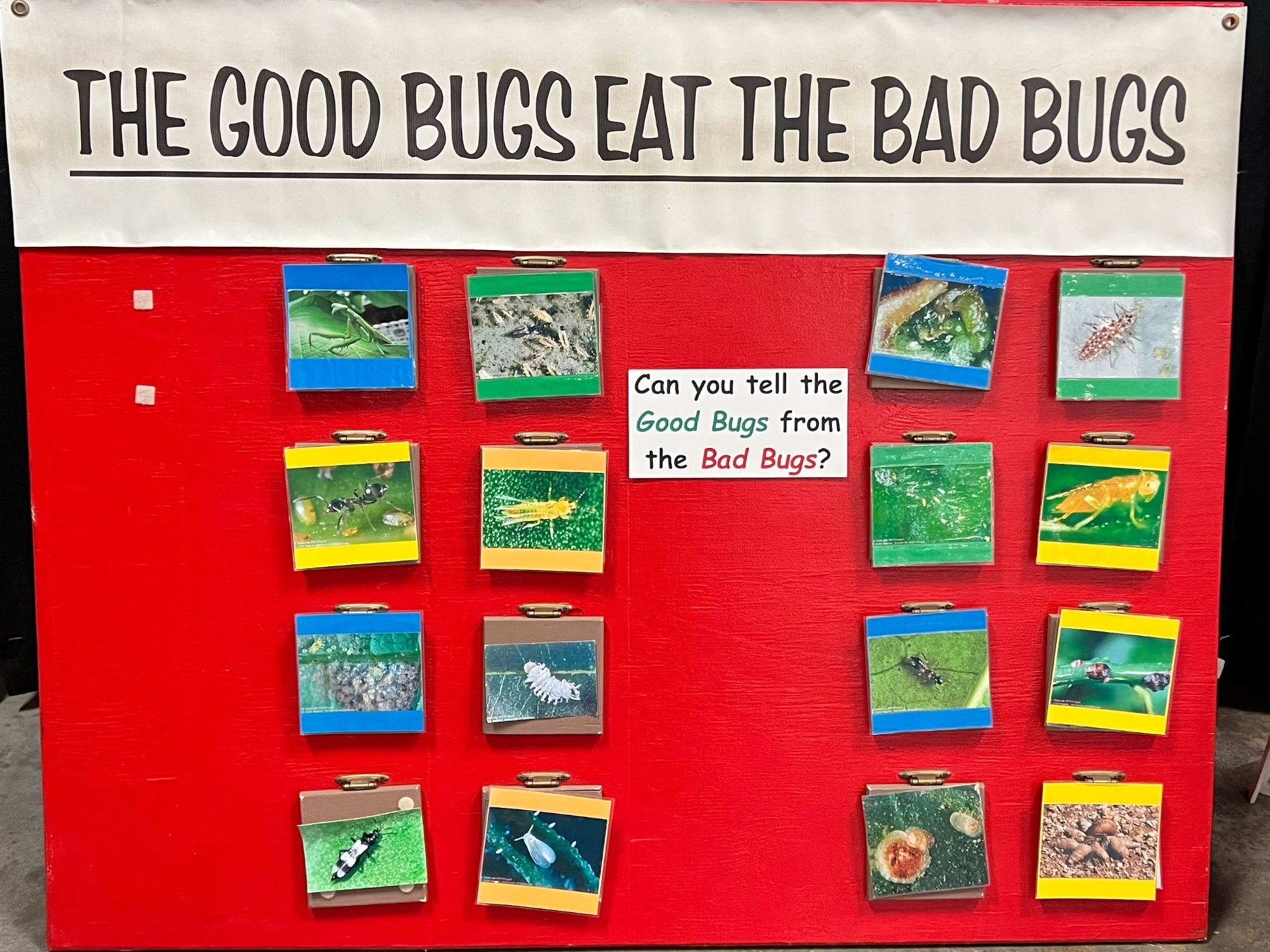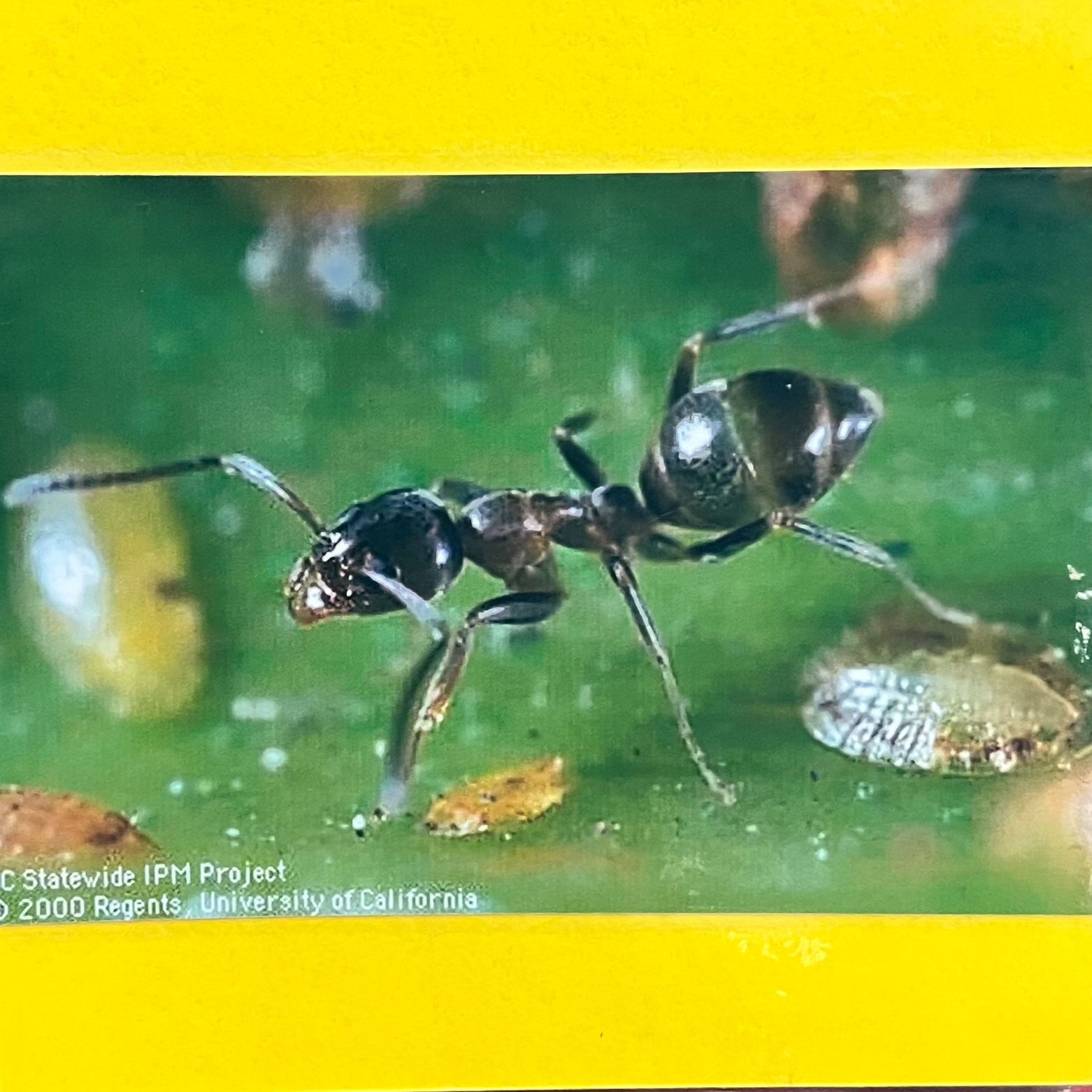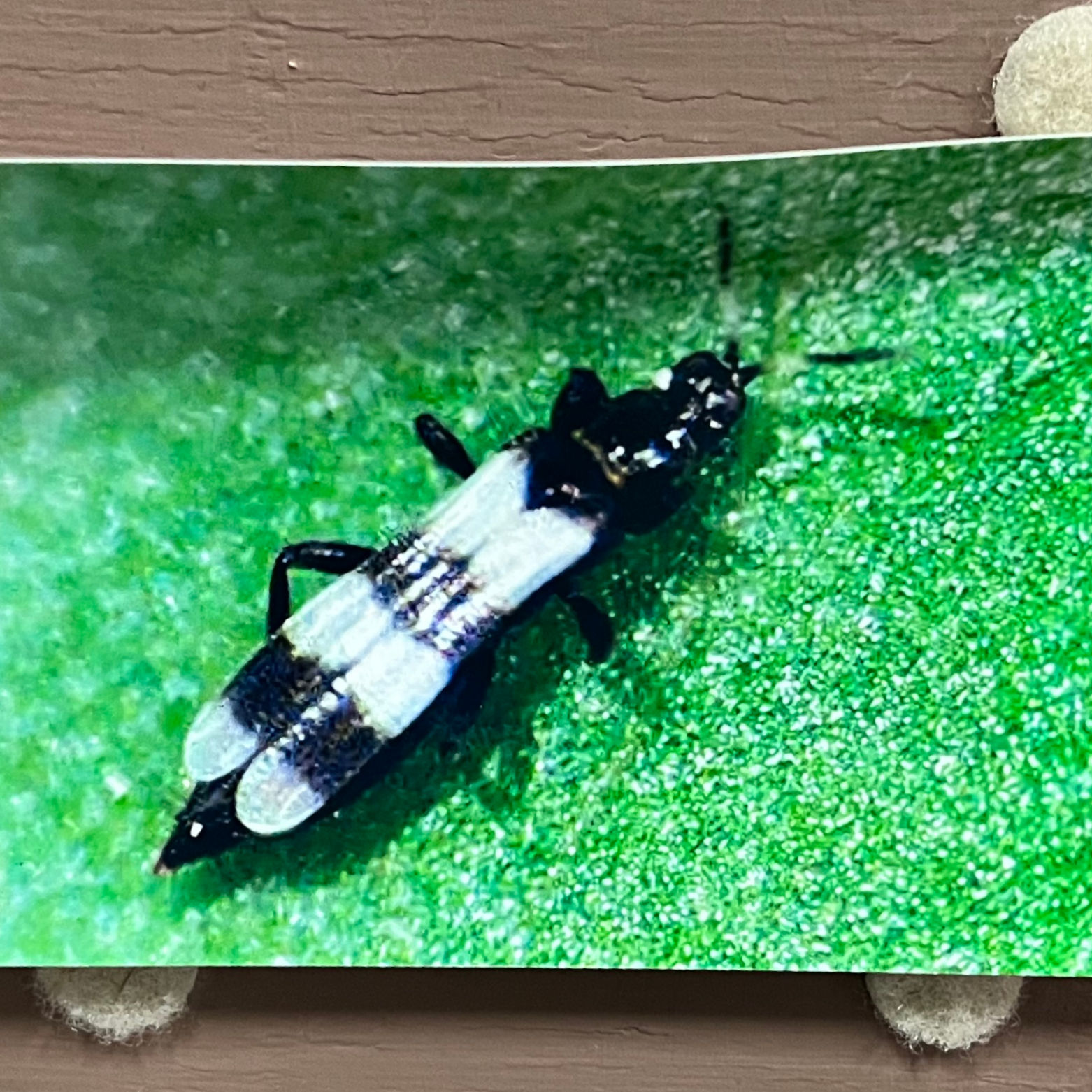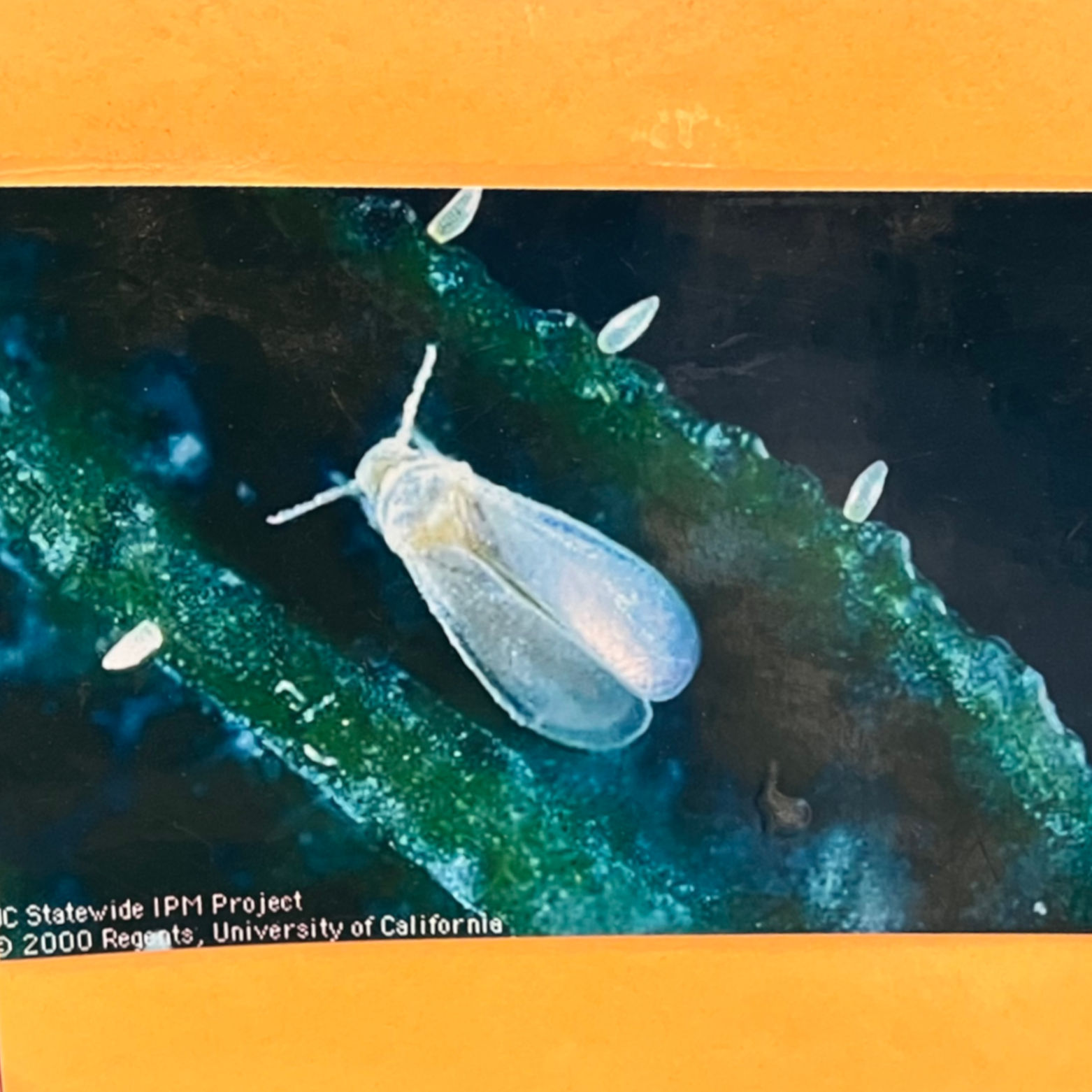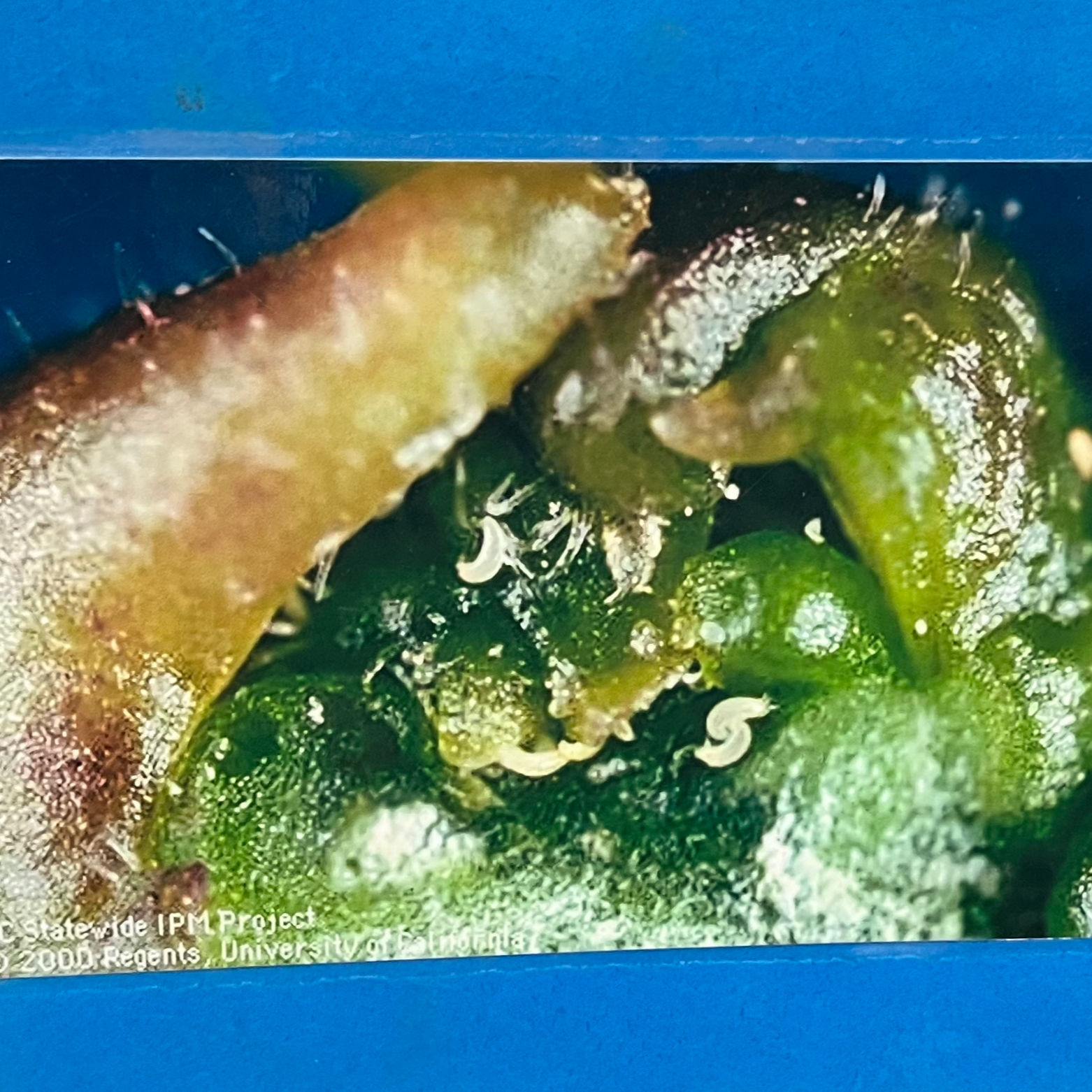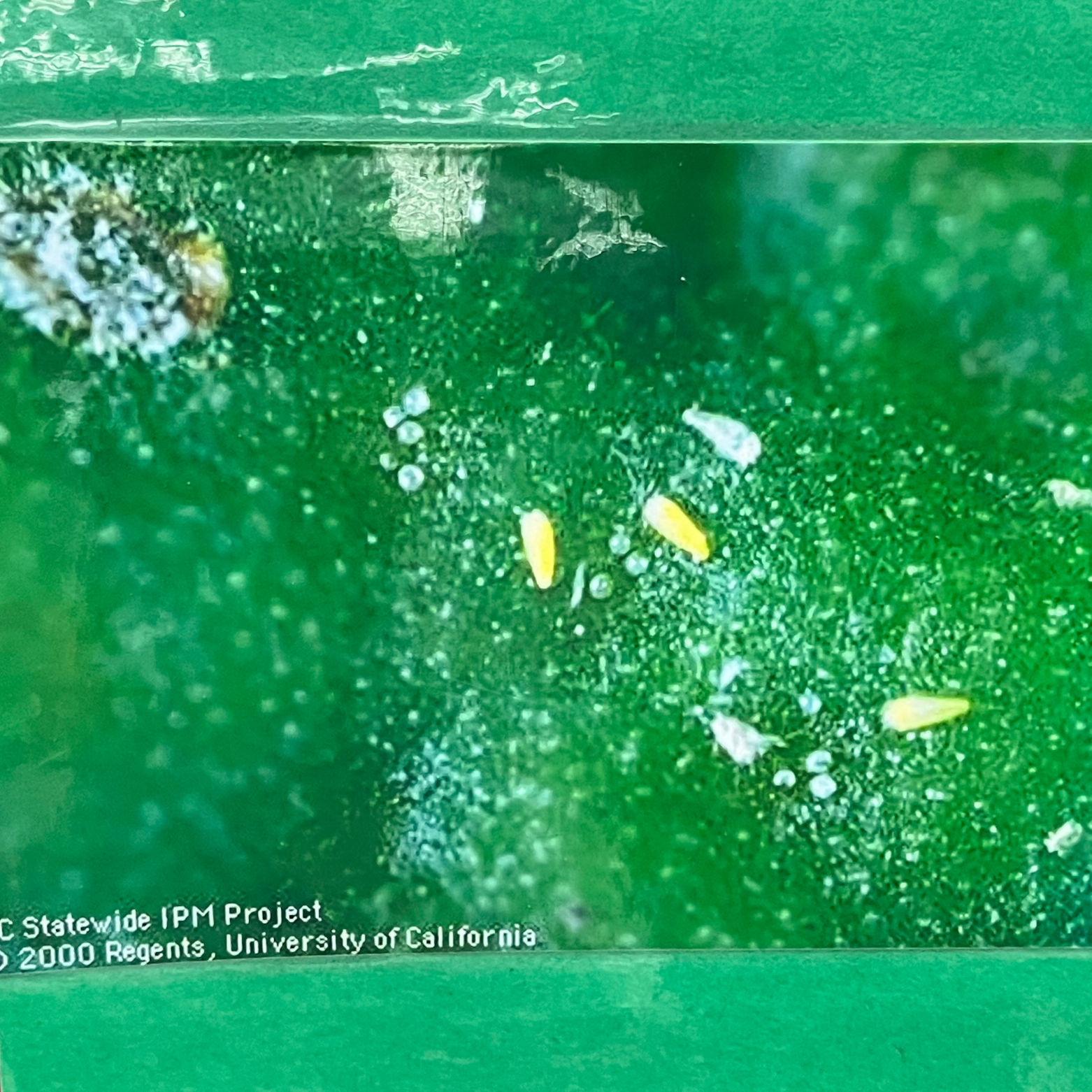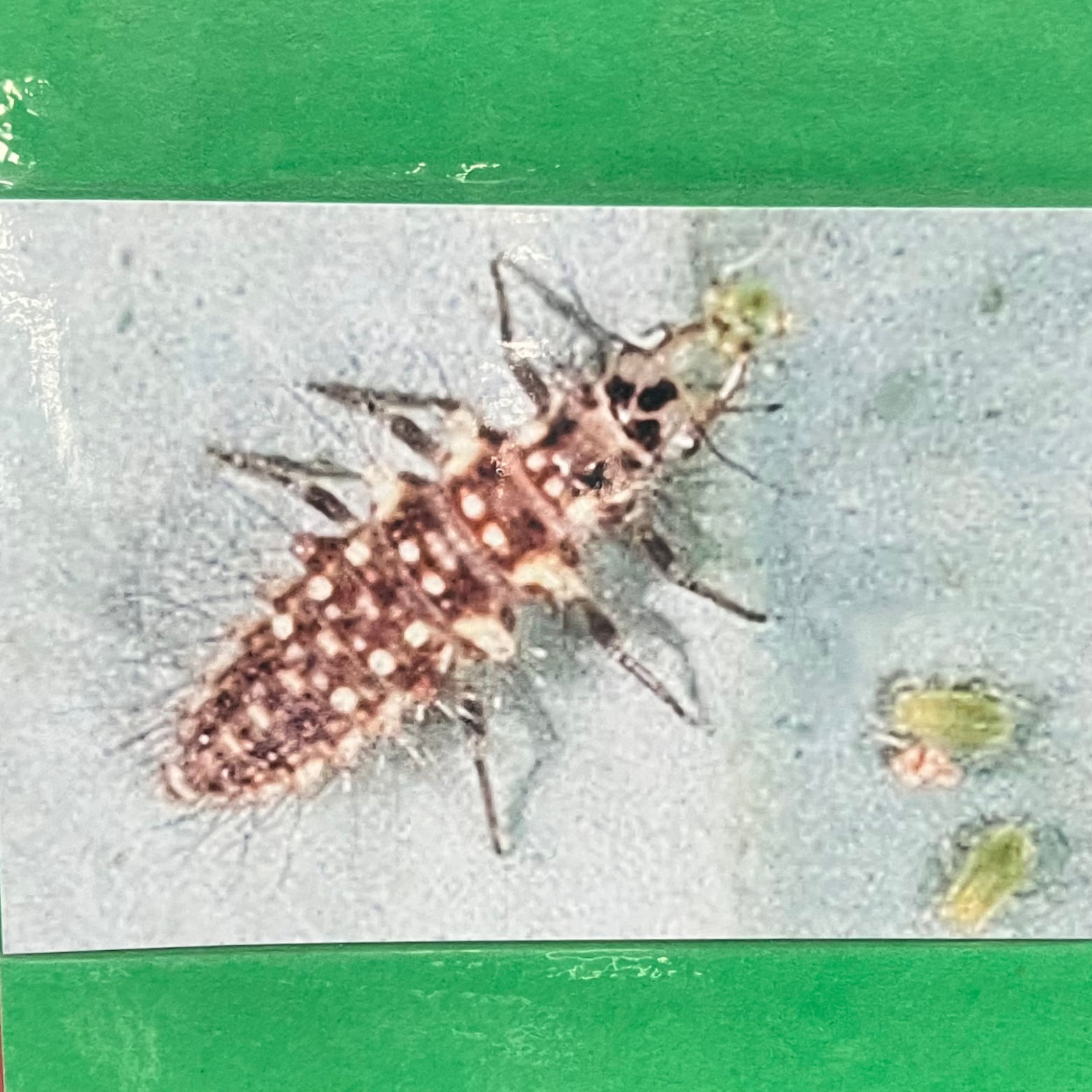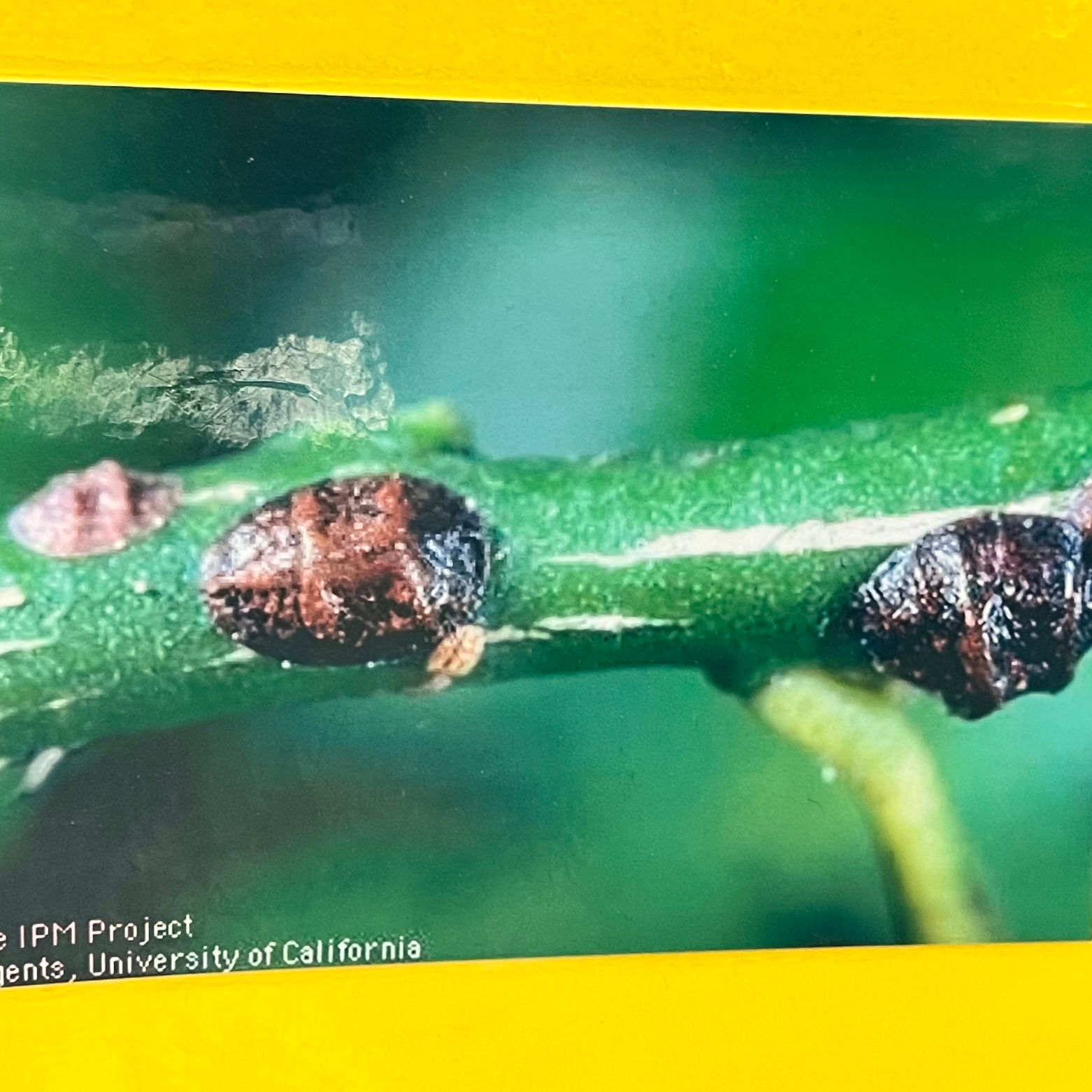
Good Bugs fighting Bad Bugs
- Unique, Grower Owned Agricultural Pest Control Cooperative located in Santa Paula
- Originally established in 1928 to grow Cryptolaemus Beetle Beetles for the control of mealybugs in local citrus groves. Today Associates also raises Aphytis Red Scale Parasites and Californicus Predatory Mites.
- Associates hand-raises millions of beneficial organisms each week to be released in our grower-members' citrus and avocado groves. We also ship our good bugs to a variety of growers across North America.
- As part of member services, associates' staff of licensed pest control advisors monitor pests in citrus and avocado groves across Ventura County.
- Associates' members farm more than 5,600 acres of citrus and avocado groves in Ventura County.
Combines the use of beneficial organisms, improved farming techniques, and targeted pest control treatments to reduce the use of pesticides, limit environmental effects, while producing high quality crops.
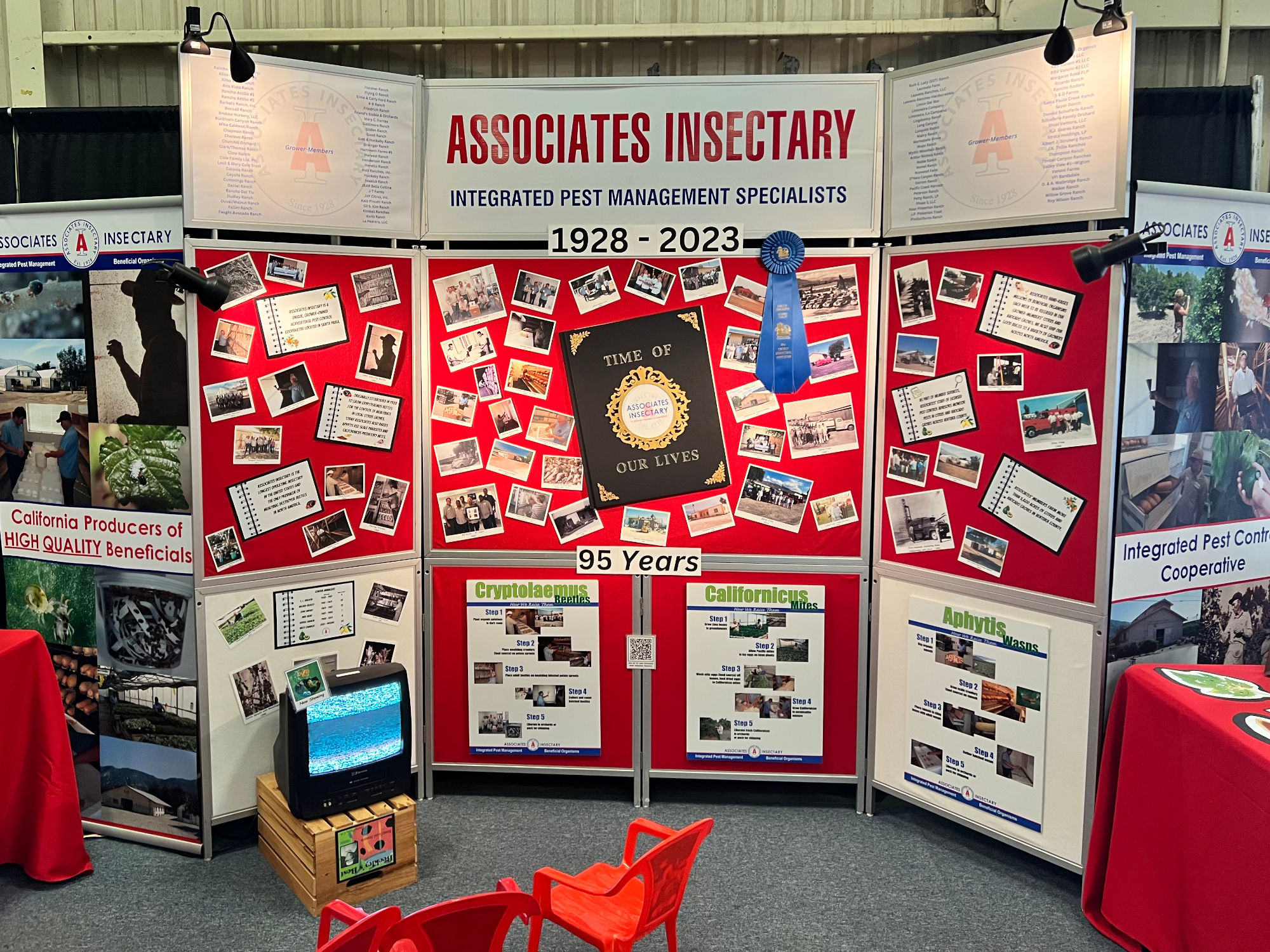

Beneficial Organism
How We Raise Them
- Plant organic potatoes in dark room
- Place mealybug crawlers (food source) on potato sprouts
- Place adult beetles on mealybug infested potato sprouts
- Collect and count hatched beetles
- Liberate in orchards or pack for shipping
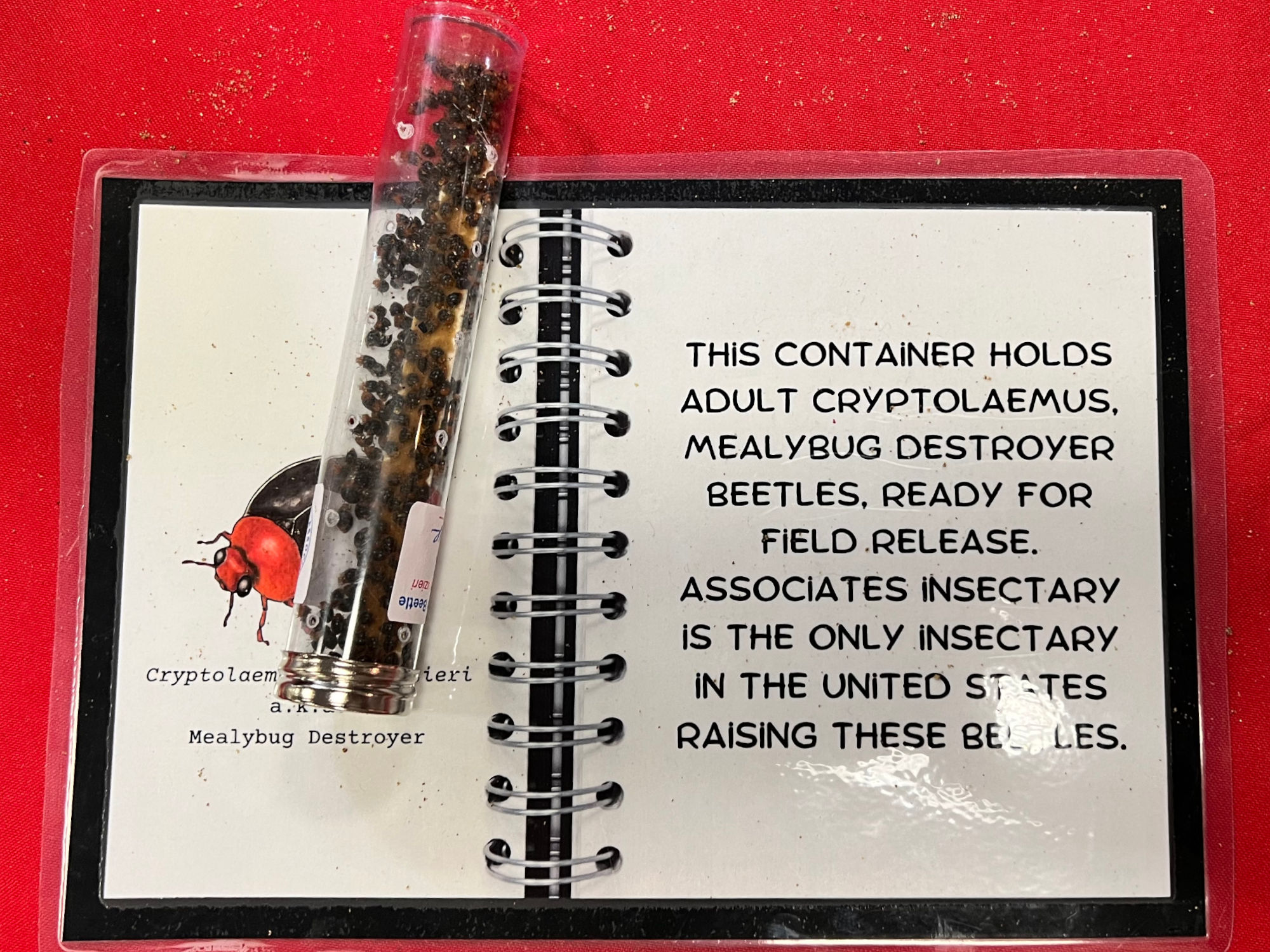
This container holds adult Cryptolaemus, Mealybug Destroyer Beetles, ready for field release.
- Associates Insectary is the only insectary in the united states raising these beetles.
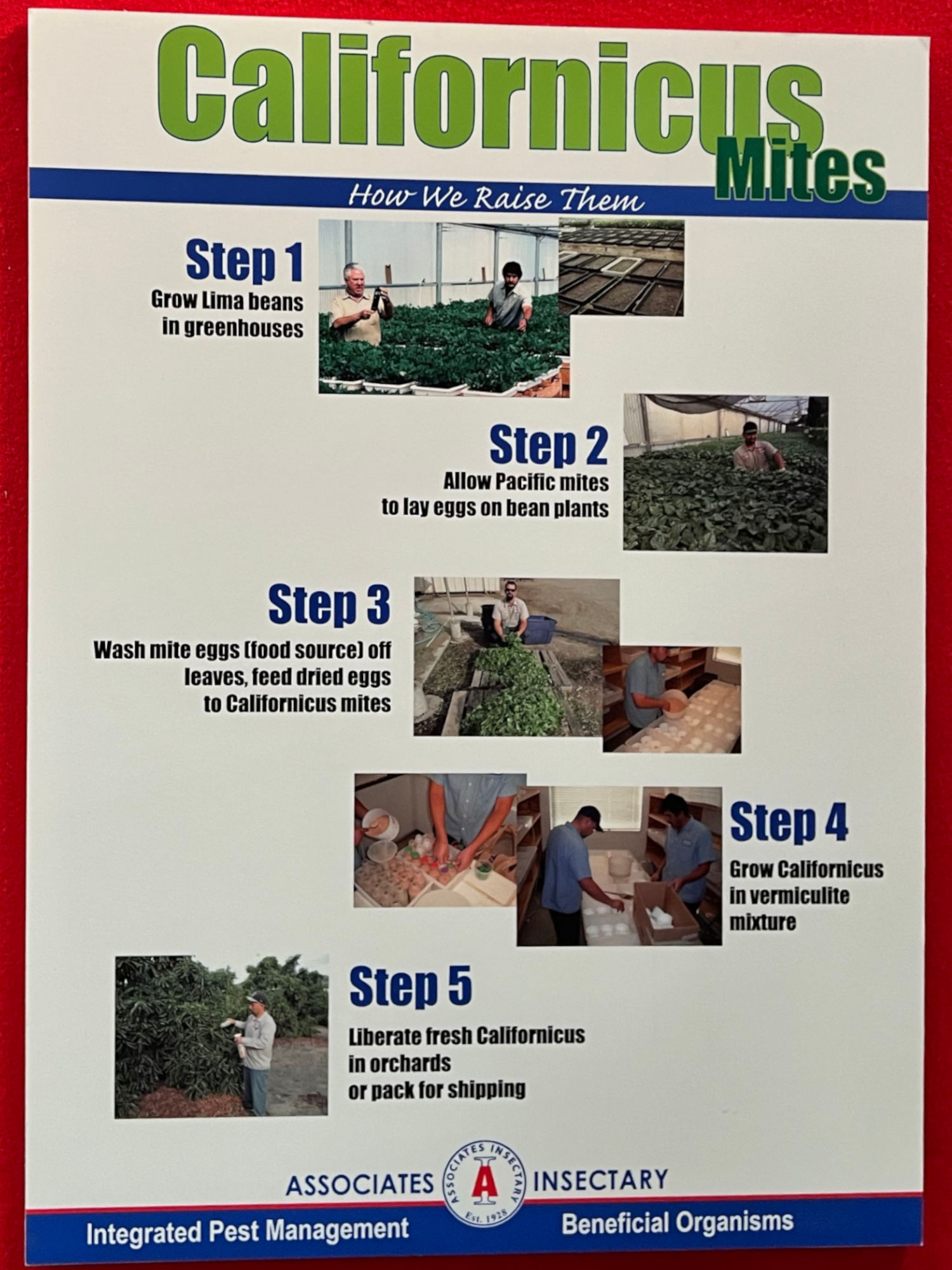
Beneficial Organism
How We Raise Them
- Grow Lima beans in greenhouses
- Allow Pacific mites to lay eggs on bean plants
- Wash mite eggs (food source) off leaves, feed dried eggs to Californicus mites
- Grow Californicus in vermiculite mixture
- Liberate fresh Californicus in orchards or pack for shipping
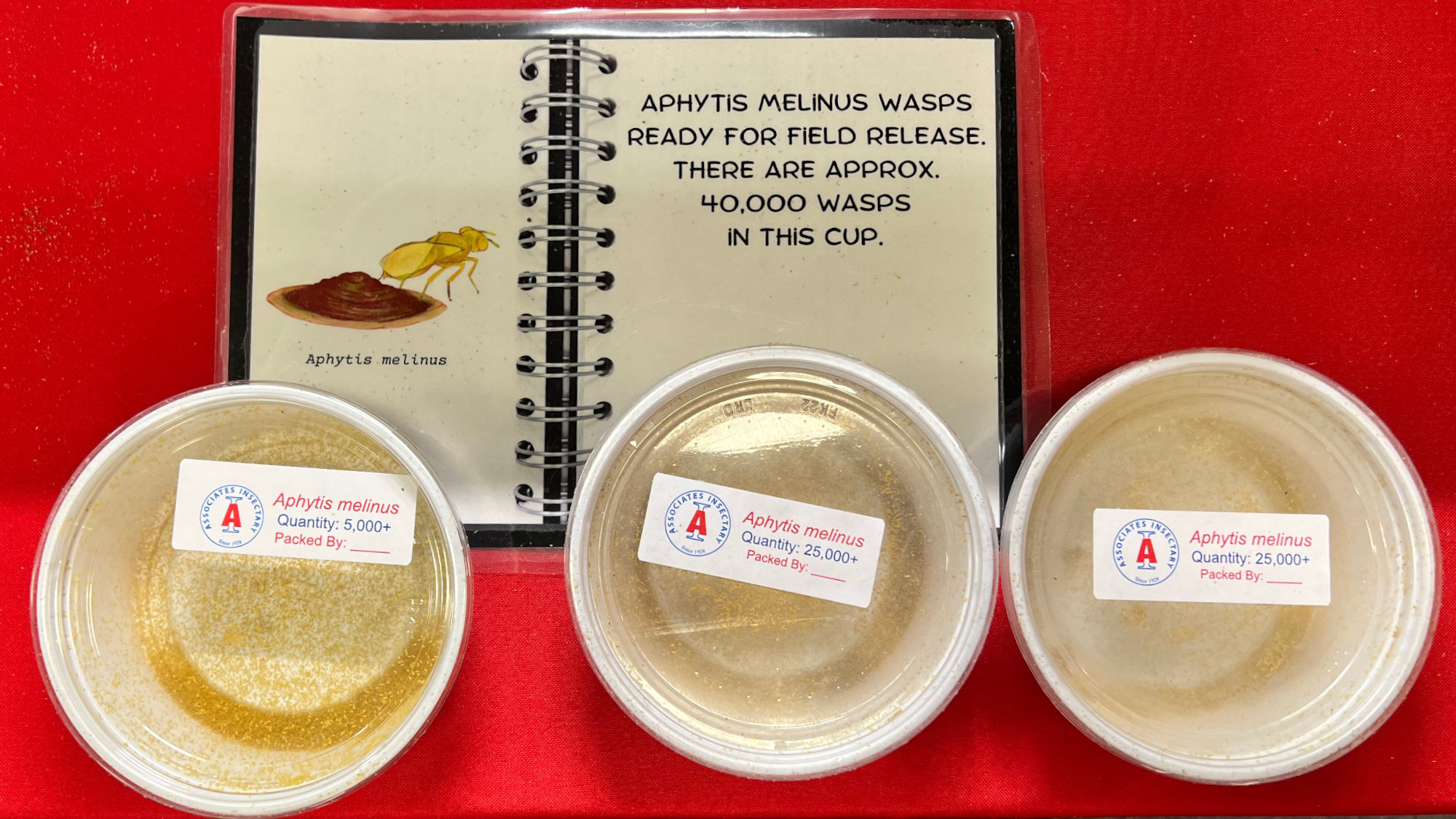
Aphytis Melinus wasps ready for field release. There are approximately 40,000 wasps in this cup.

Beneficial Organism
How We Raise Them
- Buy organic squash
- Grow scale crawlers (food source) on squash
- Place squash in sting boxes with adult wasps
- Gather hatched wasps
- Liberate in orchards or pack for shipping
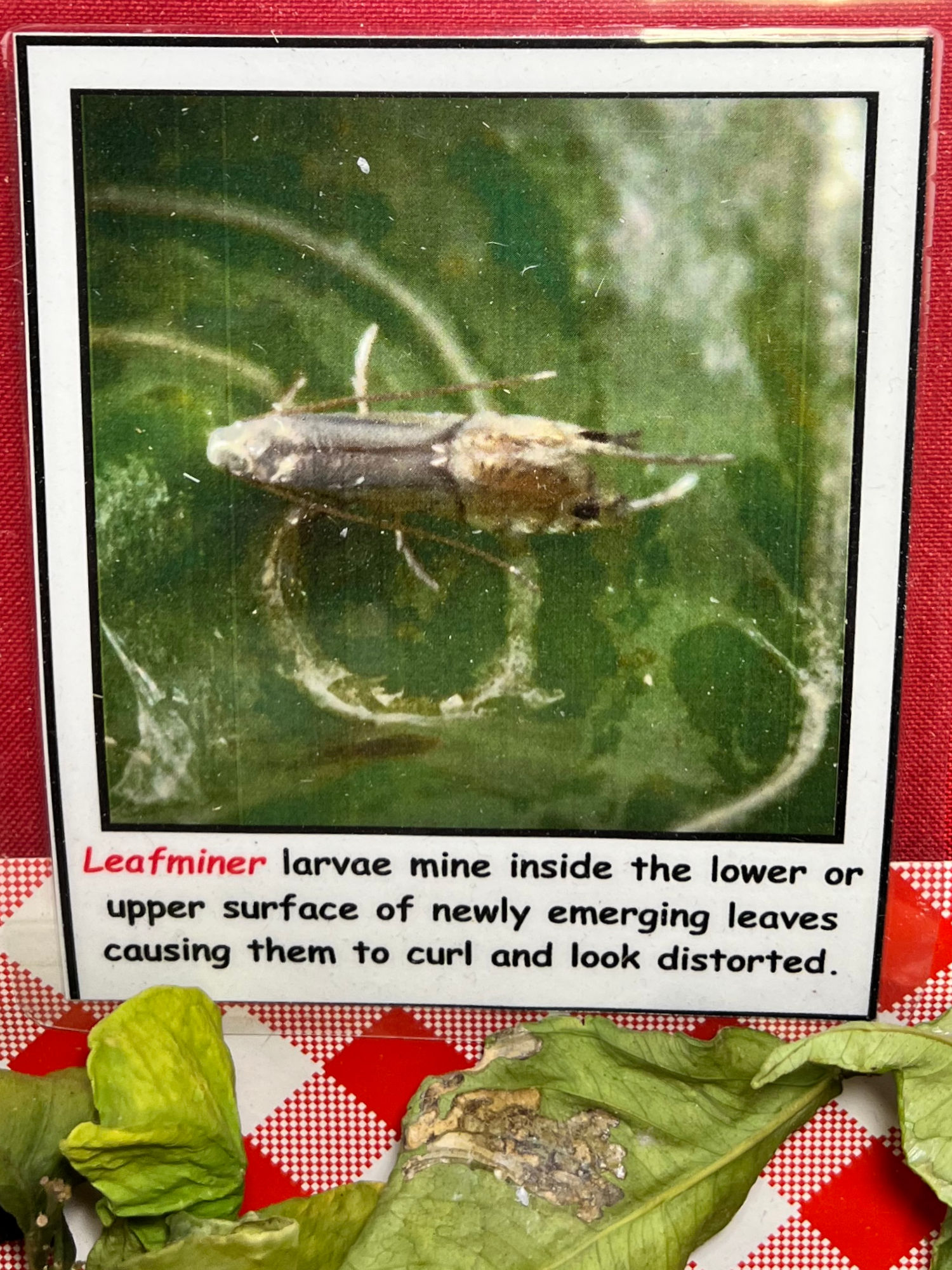
Larvae mine inside the lower or upper surface of newly emerging leaves causing them to curl and look distorted.

Feeds on the fruit leaving unsightly scars on the skin. Their eggs look like tiny golf balls.
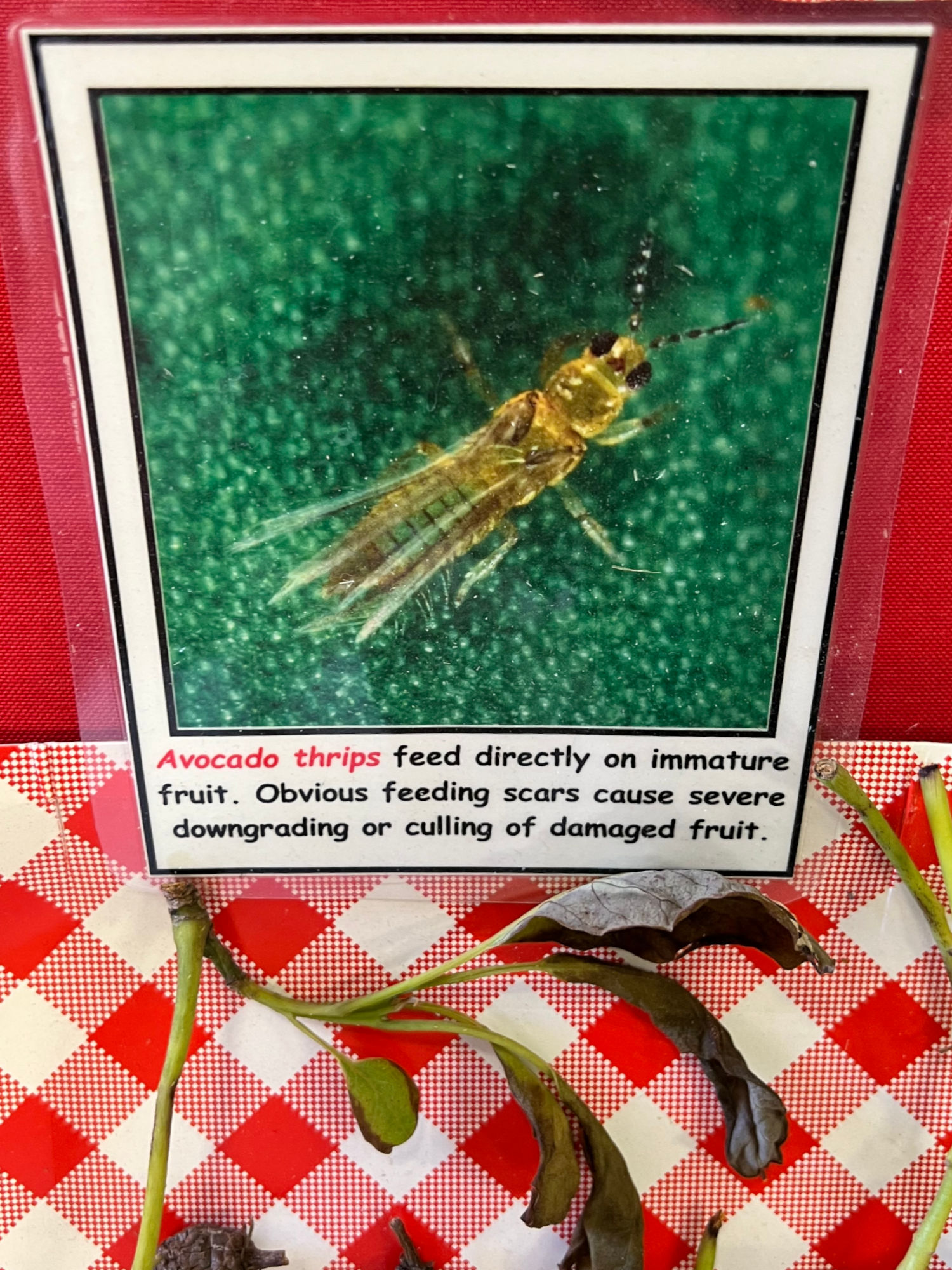
Feed directly on immature fruit. Obvious feeding scars cause severe downgrading or culling of damaged fruit.
Associates Insectary:
Associates Insectary is a grower-owned agricultural pest control cooperative based in Santa Paula, California focused on providing our grower-members with premium quality Integrated Pest Management services. We provide pest consultations, beneficial insect releases and spray applications to protect over 6,000 acres of citrus and avocado groves owned by our Members. As a grower-owned cooperative, Associates operates on a break-even basis, motivated not by profit, but solely by providing high quality beneficials and pest control services to our grower-members. In more recent years, our Association’s reputation for producing high quality beneficial insects and mites has allowed us to expand our business beyond our local region and into markets throughout North and Central America and the Far East.Artisan Grown
We have a dedicated and highly experienced staff of beneficial Insect Rearing Technicians. Several of our technicians have worked here for more than twenty years; with one celebrating his 42nd year as an employee with Associates Insectary! All of our technicians are skilled in the “art of mass-rearing" beneficial organisms. These artisan specialists work seven days a week, 365 days a year to raise fresh and highly effective beneficials for our grower-members and to supply commercial users and resale distributors across the globe.
Leading the Way
Pest control application equipment has always been an integral tool for pest management programs for our members. Our Staff partnered with university researches 75 years ago to design and fabricate equipment which would provide maximum effectiveness in farming conditions found in Ventura County. Likewise, the rearing methods and equipment used at Associates Insectary were primarily developed here by our Staff. This highly specialized equipment is modified to meet the unique demands of rearing almost a billion beneficials each year. Our tradition of innovation in insect handling and mass-rearing has established us as an industry leader in the development of practical methods of rearing insects to provide economic alternatives to enhance the economic viability of citrus and avocado growers in our region.Where Old School is New School
In the 1920’s, California’s Ventura County citrus crops were being ruined by masses of Citrophilus mealybugs which smothered the valuable fruit with black, sticky, sooty mold. There were no chemical methods available to control this pest at the time. Using a model to form other Southern California agricultural cooperatives, seven citrus packing house “associations" joined together to hire an entomologist and finance and build “Associates Insectary". Growers were charged the equivalent of about $85 an acre to raise the start-up funds necessary to construct the buildings and begin operations. By the mid-1930’s, additional pests were becoming a problem and it became obvious that an “integrated" approach was needed to continue to successfully combat these new pests. A fleet of spray equipment was designed and fabricated by our staff to be used in conjunction with the release of beneficial insects and grove inspections by entomologists. This integrated approach pioneered by Associates Insectary has since been labeled Integrated Pest Management (IPM). This is still the basis of how Associates Insectary operates today.From our Original 1927 Articles of Incorporation:
The purposes of the Association:
- To engage in any activity in connection with the purchase, hiring or use by its members of supplies, machinery, equipment or services for the eradication or control of all insects, pests, parasites or otherwise, by whatever name known, which may affect or concern any horticultural or farm product; or in the Financing of any such activity.
- To investigate insects, pests, parasites, or otherwise, by whatever name know, which may affect or concern any horticultural or farm product, and to develop supplies, machinery or methods for the eradication or control of same.
IPM PioneerIn continual operation since 1928, Associates Insectary is the oldest commercial insectary in the United States. The Insectary was originally established to raise the ladybird beetle, Cryptolaemus montrouzieri, in order to help in fight the Citrophilus mealybug, which was decimating Ventura County citrus groves in the 1920’s. We have since expanded our facilities and production capacity to be able to raise several other species of beneficial organisms and now have over 50,000 sq. ft. of rearing space at our five acre facility. Associates Insectary is the sole producer of the “Mealybug Destroyer" beetle in North America.
We are also the leading producer of the Red scale parasite, Aphytis melinus, and the predatory mite, N. californicus, in the United States.https://www.associatesinsectary.com/
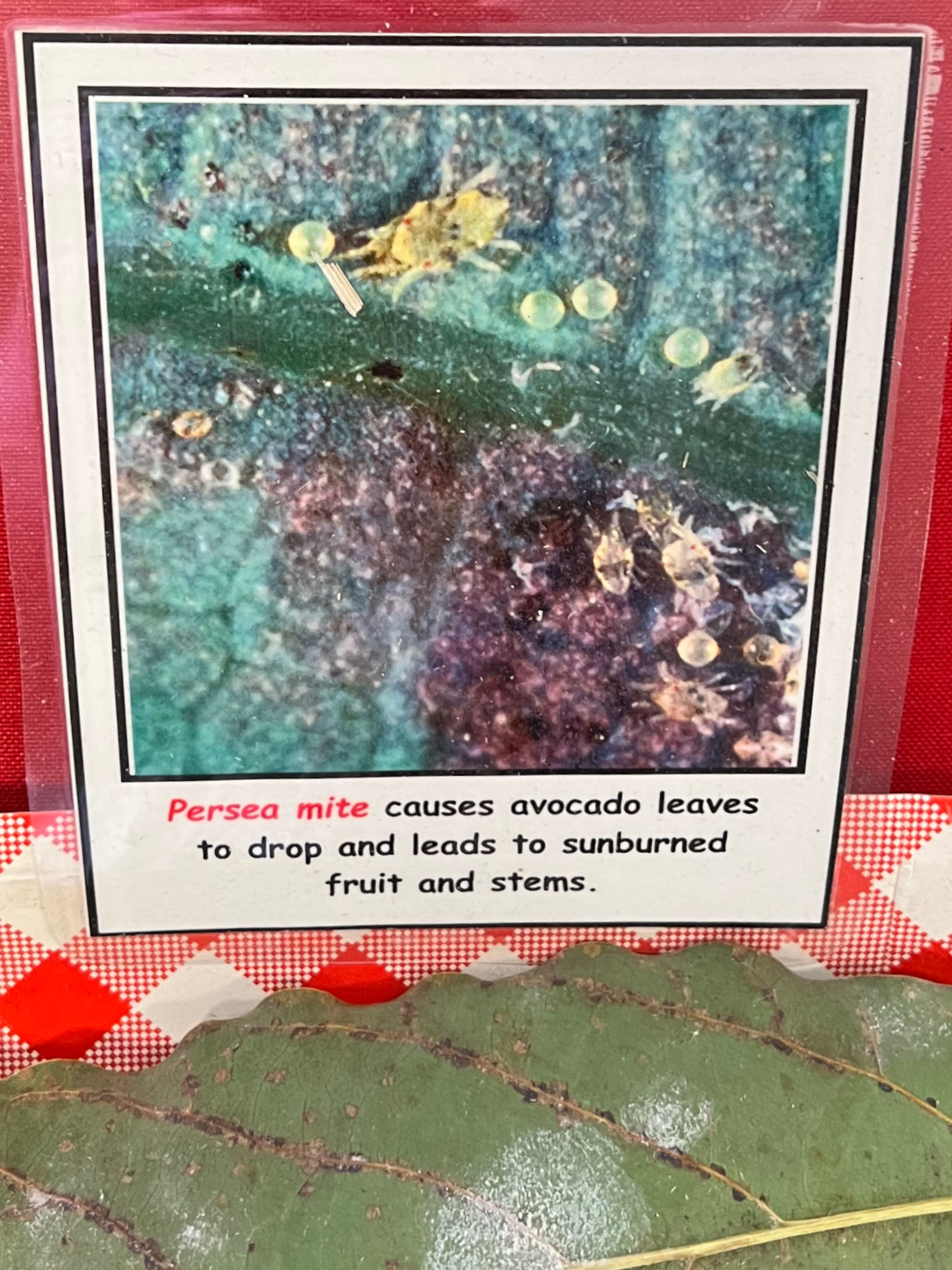
- Bad Bug
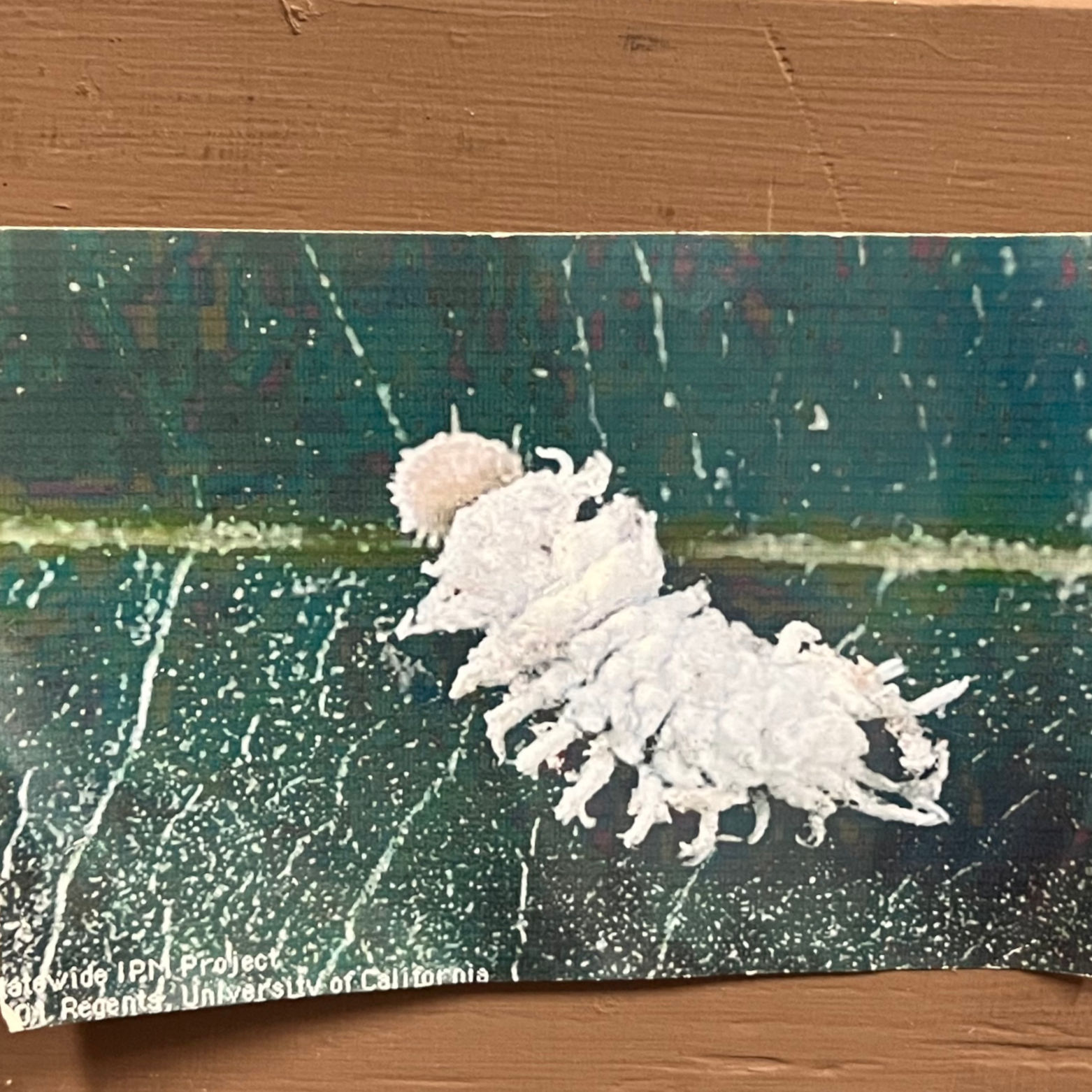
- Good Bug
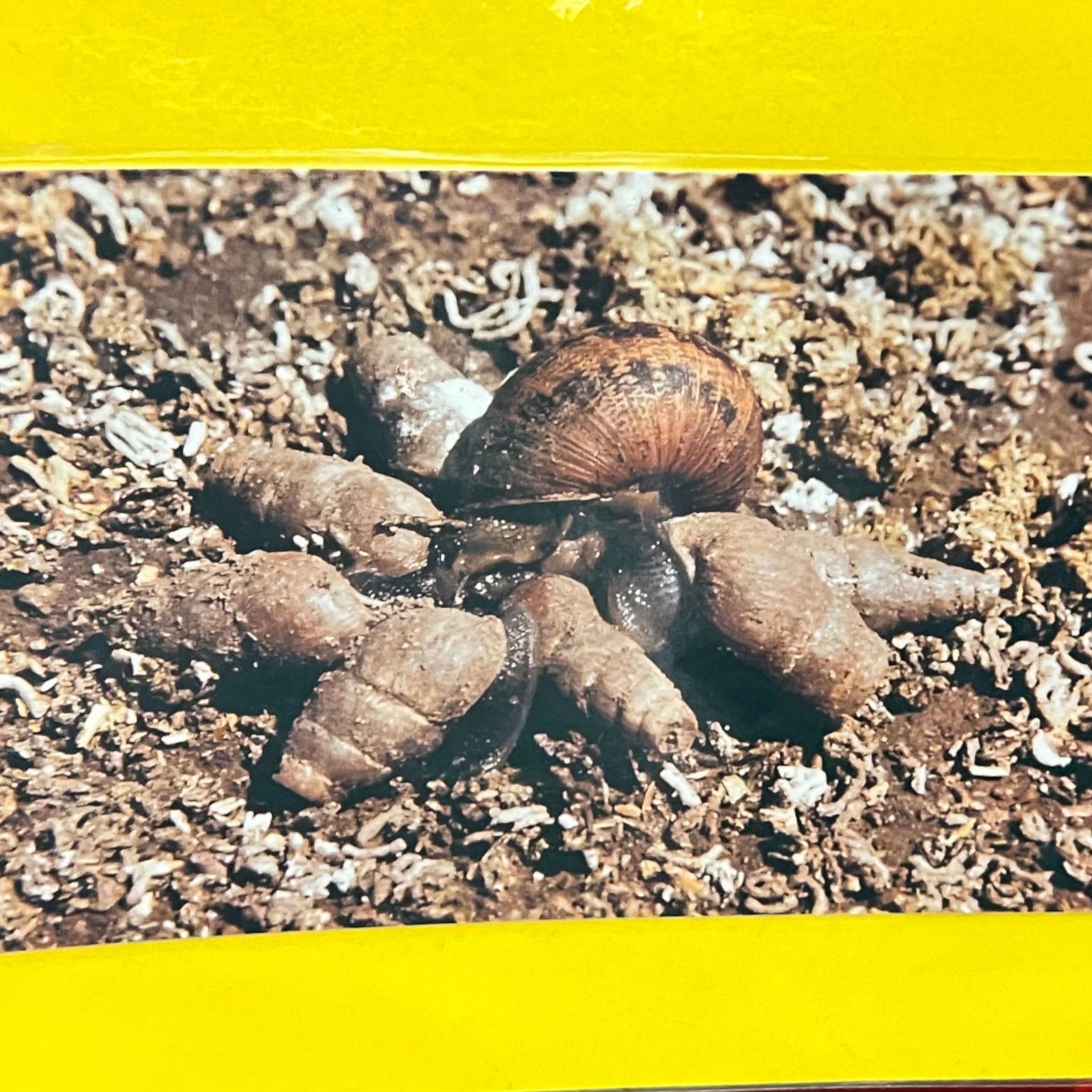
Brown Garden Snail
- Bad Bug
Decollate Snail
- Good Bug
